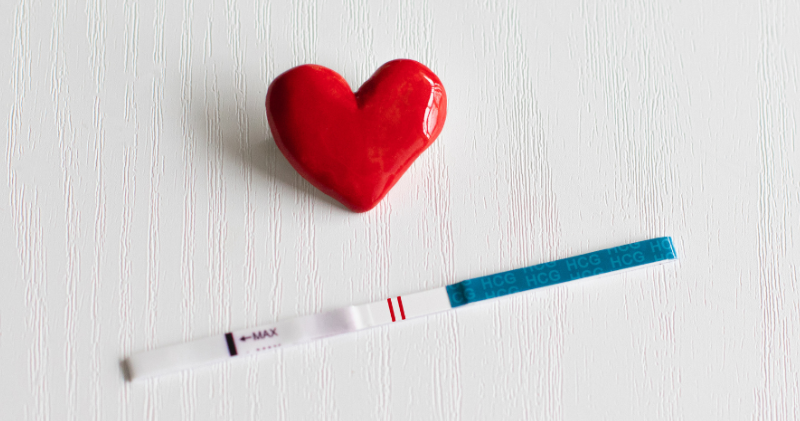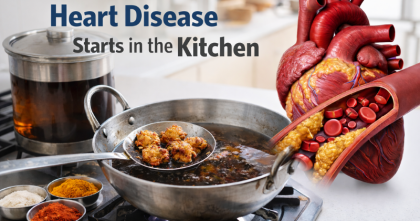Vijay’s Surprise
Vijay was 52 years old and thought he was perfectly healthy. He walked every day, didn’t smoke, and tried to eat well. His parents had lived into their 80s. He felt fine.
When his doctor suggested a Calcium Score test during his yearly checkup, Vijay almost said no. “Why do I need that? I feel great!”
But Vijay agreed to take the test. One week later, he was shocked when his doctor called with the results. His Calcium Score was 320 – showing significant plaque buildup in his heart arteries. Despite feeling perfectly healthy, Vijay was at high risk for a heart attack.
What is a Calcium Score Test?
A Calcium Score test is a special type of heart scan that looks for calcium deposits in your heart’s arteries [1]. These calcium deposits are a sign of plaque buildup – the dangerous fatty material that can block your arteries and cause a heart attack.
The test is quick, painless, and doesn’t require any special preparation. You simply lie down on a table that slides into a CT scanner. The machine takes pictures of your heart without using any injections or dyes [2].
What Your Score Means
After your scan, doctors calculate a score based on how much calcium they find:
- 0 = No calcium found. Very low risk of heart disease.
- 1-10 = Very small amount of calcium. Low risk.
- 11-100 = Some calcium present. Moderate risk.
- 101-300 = Moderate amount of calcium. Higher risk.
- Over 300 = Large amount of calcium. High risk for heart attack [3].
Why South Asians Should Pay Special Attention
If you are South Asian, this test is especially important. Studies show that South Asians (people from India, Pakistan, Bangladesh, Sri Lanka, and Nepal) have higher rates of heart disease and often develop it at younger ages than other groups.
Many South Asians have heart disease without showing any symptoms. You might feel perfectly fine while plaque is silently building up in your arteries.
When Should You Get Tested?
Consider getting a Calcium Score test if:
- You are a South Asian man over 40 or woman over 45
- You have risk factors like high blood pressure, high cholesterol, diabetes, or obesity
- You have a family history of heart disease
- You want to know your true heart risk, even if you feel healthy [4]
What Happens After the Test?
If your score is high, don’t panic. Knowledge is power. Your doctor might recommend:
- Starting medications to lower cholesterol or blood pressure
- Making lifestyle changes like improving your diet
- Adding specific exercises to your routine
- More frequent monitoring of your heart health
Vijay’s Story Continues
After learning his Calcium Score, Vijay worked with his doctor on a plan. He started taking medications to lower his cholesterol and blood pressure. He made changes to his diet, focusing on more vegetables and less fried foods.
Six months later, his risk factors had improved significantly. While the calcium doesn’t go away, the medications helped prevent more plaque from forming. Most importantly, Vijay avoided what could have been a serious heart attack.
“I had no idea I was at risk,” Vijay says now. “That test probably saved my life.”
The Bottom Line
This simple test can find heart disease years before you feel any symptoms. For many people, especially South Asians, this test can be life-saving.
This test looks for silent blockages – even if you feel healthy.




